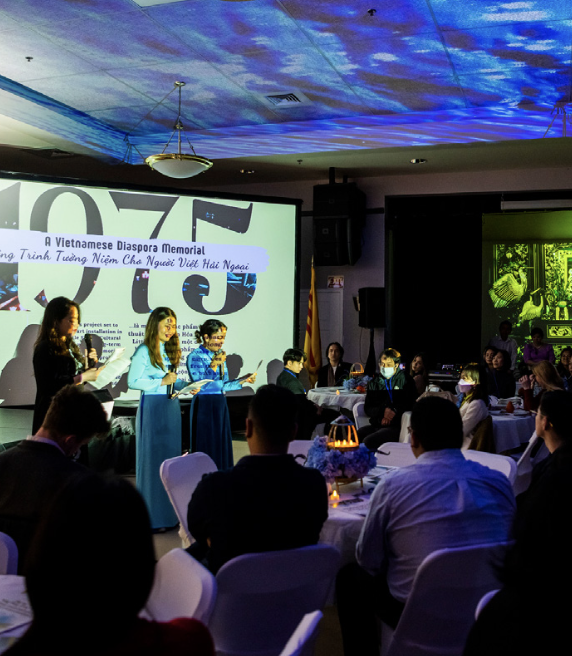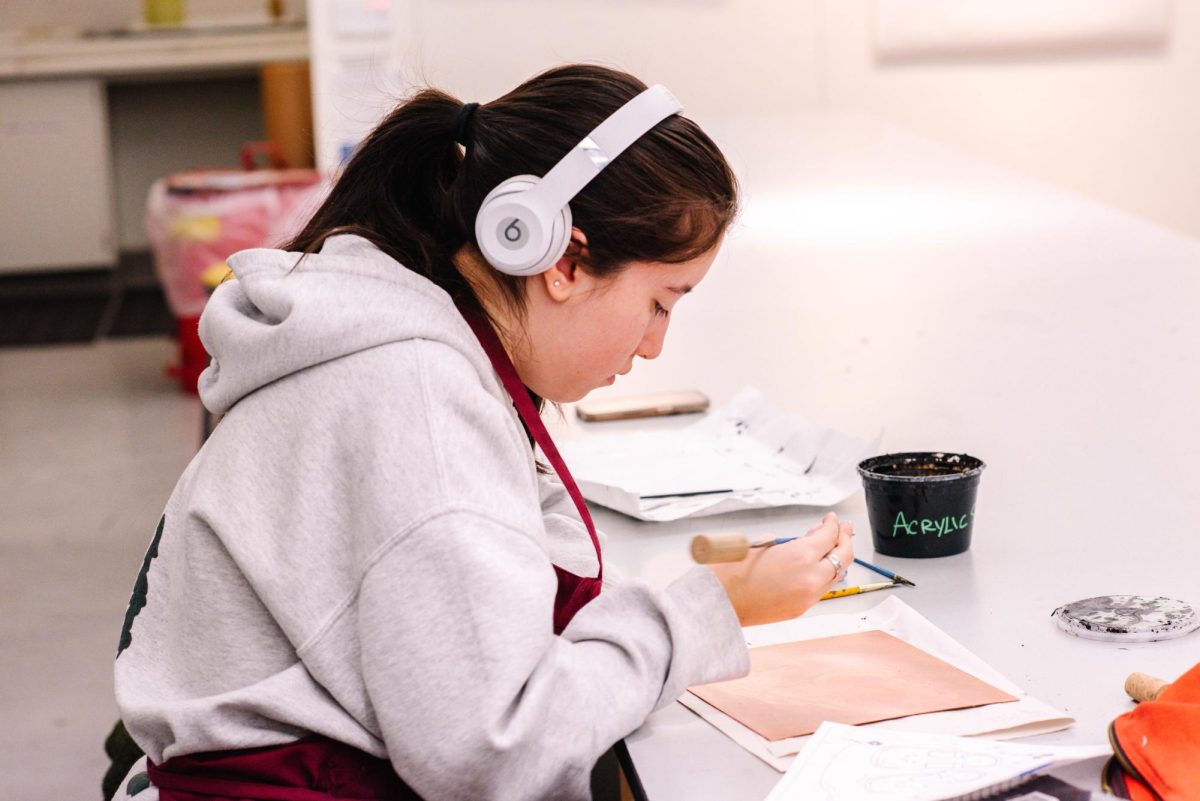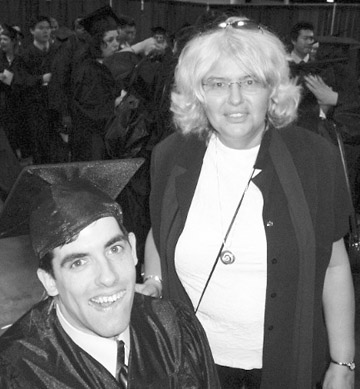Borrowed Boats, a Sailing Saga
April 29, 2004
Eliza Wilson, president of the Sailing Club, managed to recruit about 150 members after founding the club last September. Her teammates have longed for spring to come to go out on Boston Harbor. They want to test their skills against some of nation’s best teams like Harvard and Boston College. But the club has a more pressing concern than the competition, and that is, “We don’t have a boat.”
According to Wilson, Mercuries, the club’s current boats, aren’t suitable for racing. To use them for a competition can be compared to “playing softball in a parking lot.”
“I was really shocked when I entered this university and found there was no racing boat here. You know, we have one of the best sailing waters in New England right in front of us,” Wilson said.
Without an appropriate boat, arranging a practice becomes one of Wilson’s more challenging duties as president. She often calls better-equipped teams like Harvard and Tufts and asks them to lend boats and a place to practice. Even when she succeeds in finding them, trips between UMB and practice venues force club members to take morning classes, then go to practice and to come all the way back for evening classes, in some cases.
The obstacles the club has overcome makes their middle-of-the-pack finish at a race at Mystic Lake in Medford two weeks ago, before their first practice of the season, become suddenly impressive. Practice is critical in a sport which requires finely-tuned cooperation and communication skills. “I’m really proud of them” Wilson commented.
According to Wilson, until about ten years ago UMB had a sailing program with an Olympic-level coach. But severe budget cuts meant, “This sport has not been recognized here for a long time.” Wilson thinks that the club should be granted a budget sufficient to buy a $10,000 racing boat, the club receives only $225 a year.
“Some people know how much the UMass sailing club is dedicated to the sport, and they offer a place to practice for us even from California,” Wilson says. This week she is frustrated again by fact that her team leaves a university adjacent to the spacious Boston Harbor for the narrow Charles River to practice.
Wilson calls sailing a lifetime sport which is open to participants at any skill level. Sailing requires “100 percent trust” between a skipper and a crew. During a race, the skipper controls a ship while a crew provides information about wind direction and speed, and what course to take. By depending on each other, “You can get the ultimate sense of teamwork.”
Asked why she and other members work so hard to improve the club without being paid, Wilson said, “We do this only because we love this sport.”





















































